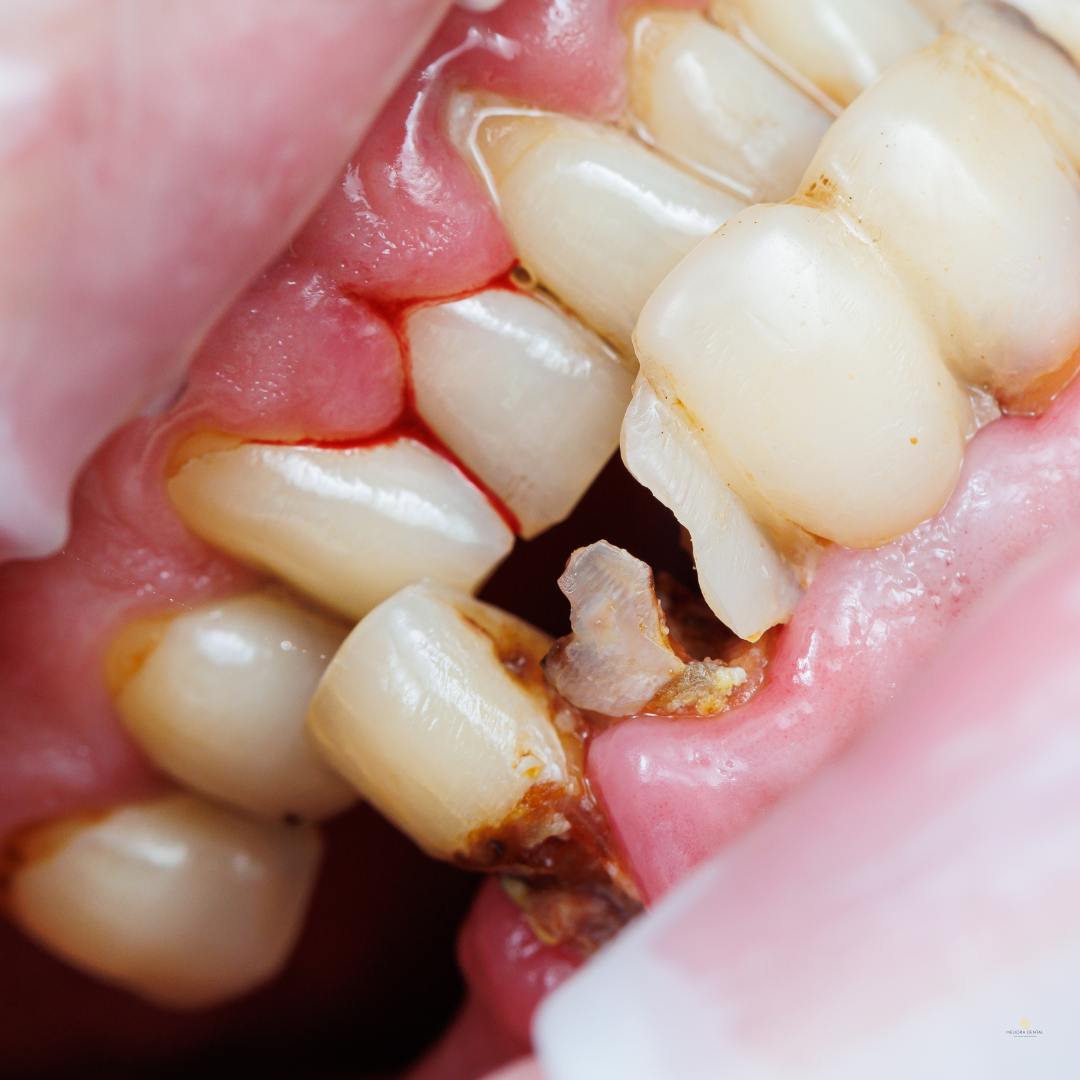If you’re brushing your teeth twice a day consistently, and yet you keep developing decay, you might feel like you’re fighting a losing battle despite doing what has been drummed into you since you were young. We’re all told to brush twice a day, and this does indeed play a significant role in keeping decay at bay But, there are a couple of things that you might be doing that are making your brushing to go waste…
The main reasons why we see patients repeatedly sustain decay are:
In this piece, we’ll be diving into each of these points in more detail, one by one.
This might be something you haven’t heard before – it’s not necessarily the amount of sugar you eat, but when you eat it.
Each time you eat even the smallest amount of sugar; a negative chain reaction starts to happen in your mouth.
Sugar creates acids in your mouth, which breakdown your teeth’s protective armour – tooth enamel.
When you consume sugar between mealtimes, your mouth is less capable of ejecting the plaque than at mealtimes, when there is more saliva to wash it away, and when we tend to drink more water.
Many of us will graze on chocolate, confectionary, cakes and biscuits between meals, but even foods that contain less sugar like bagels, low fat yoghurt, granola and cereal bars and tinned fruit will create acids in your mouth, which can contribute to decay.
Mouthwash does have a place in your oral hygiene routine, helping to freshen breath. But, if you’re using it straight after brushing in the morning or before bedtime, it’s time to make a change.
Mouthwash rinses away your toothpaste’s fluoride protection, which needs at least 30 minutes to work its magic.
Use mouthwash shortly after lunch to remove the trapped food particles that will otherwise go on to cause decay from in between your teeth (after flossing, of course), which brings us to…

Inevitably, food will get stuck in between your teeth after you eat (except after eating soups or broths!)
For this reason, flossing after meals is essential for releasing trapped food particles.
When you fail to floss after a meal, you leave bits of food in between to literally rot away, giving off foul odours, and attacking your tooth enamel.
Repeated instances of food become trapped for what can be days on end is enough to pierce a hole in your tooth – known as a cavity.
At Meliora Dental, we find it can help patients better understand the damage rotting food in the mouth can do by referring to cavities as “rot” that “make holes that perforate teeth”. We do everything we can do prevent perforation at any other site in the body, so it shouldn’t be any different for your teeth.
If you’re struggling with flossing technique, your dentist at Meliora can help you find a flossing aid that makes it more comfortable for you and demonstrate how to use dental floss.
Drinking more water is probably the easiest action to take on our list if you’re looking to avoid decay in the future.
Water can play a pivotal role in rinsing away sugars from the mouth after we eat – and yet shockingly, 3 out of 4 Brits drink less than a litre of water a day.
Sipping on water (rather than having all your water in one go) can be a great service to your teeth.
This sounds like such a simple (and potentially obvious piece of advice), but making sure you sip and rinse out your mouth with water after every time you eat can reduce your cavity risk.
Brushing twice a day is great, but it’s the time that you brush and your technique that really matter the most.
You should be brushing for 2 minutes each brushing session. This isn’t just an arbitrary time though – this is as long as it should take you to cover all tooth surfaces, down to gum level, without brushing tooth hard and causing gum recession.
If you struggle to brush (either with a manual brush or an electric brush) your dentist can give you a demonstration of how to brush for best results.
Because if you’re going to take the time to brush twice a day, you may as well do yourself the service of getting as much out of it as you possibly can!
Hopefully the above advice will give you a better idea of how to reduce your decay risk. To summarise:
Toothbrushing and flossing advice that becomes consistent in a patient’s oral hygiene routine can become transformative for reducing decay risk.
It sounds so simple, but it’s the consistency with your brushing and flossing that will make a huge difference to your oral health.
BACK TO BLOG